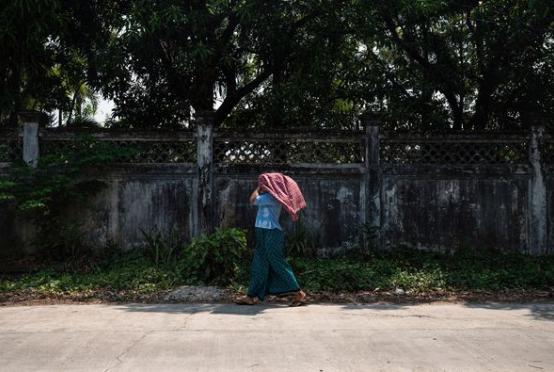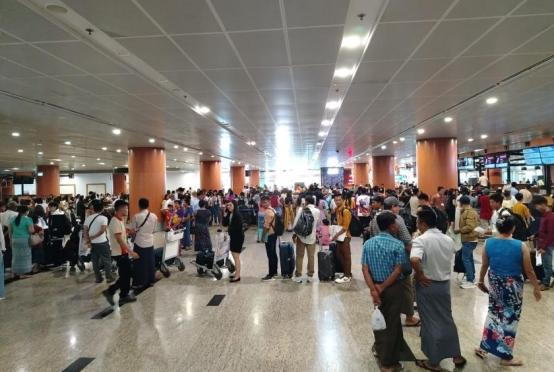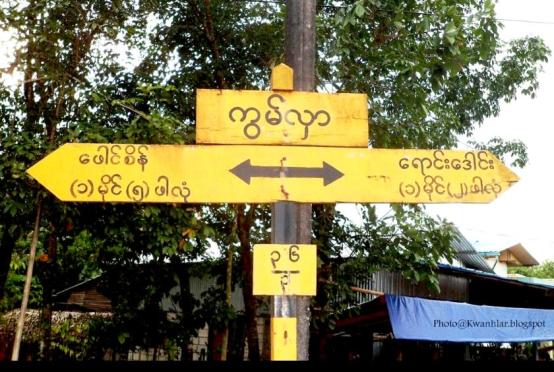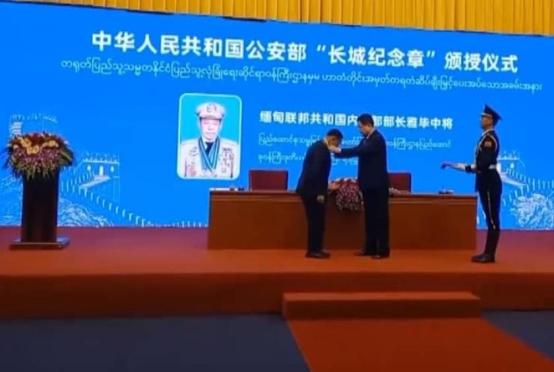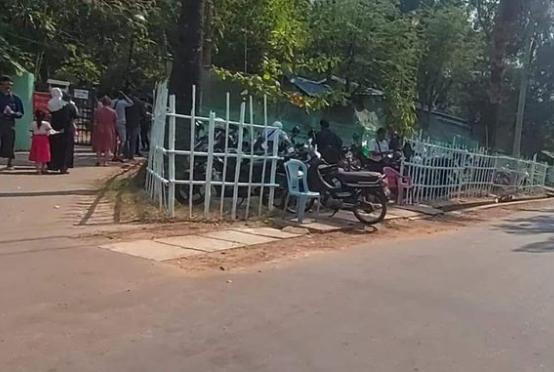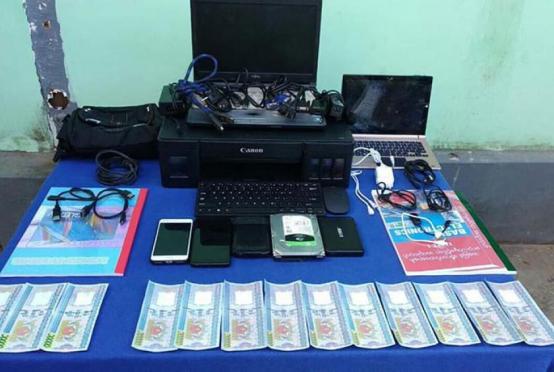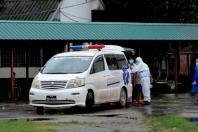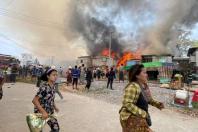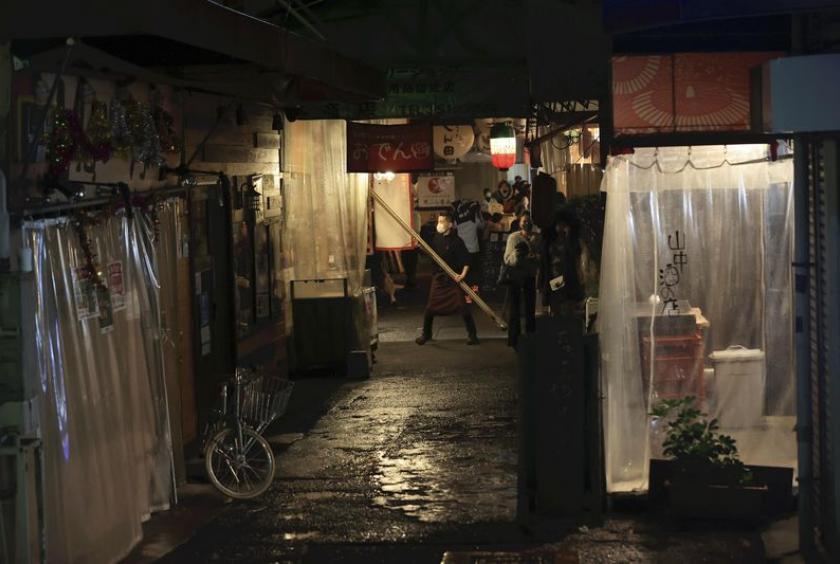
The Yomiuri Shimbun/ANN - The government is planning to declare another state of emergency with requests more limited in scope compared to the declaration in April last year in order to minimize the impact on the economy.
This time, the government is expected to mainly ask restaurants to shorten their business hours. It is expected to avoid imposing restrictions on education, such as requesting all schools to close as it did in February last year.
Prime Minister Yoshihide Suga said at a press conference Monday: “Details will be finalized as swiftly as possible to effectively reduce the risk of infection at dining establishments,†indicating such businesses would be the focus of restrictions under consideration.
In April last year, the central government asked dining establishments to continue business operations as usual, but the Tokyo metropolitan government and other local governments asked such businesses to shorten operating hours and limit the serving of alcohol.
The central government is expected to ask restaurants to shorten their business hours this time based on the judgment that “dining establishments are sources of infection,†according to a government official.
The government is intent on minimizing the impact on economic activities. By the time the state of emergency had been lifted at the end of May last year, the virus crisis had delivered a considerable blow to the economy. The worst decline in real gross domestic product in the postwar period was marked in the 2020 April-June quarter.
In April, the government called for companies to reduce the number of workers commuting to offices by at least 70%. It is expected to continue urging companies to expand the rollout of telework but is still considering whether to set a reduction target.
The government is not expected to call for the temporary closure of concert halls, live music venues and other facilities, as seen during the last state of emergency. However, detailed requirements will be announced.
Requests for all elementary, junior high and high schools to close at the end of February last year caused disruption for families and teaching staff. While many municipalities closed schools during the last state of emergency, this time, the government is expected to exclude restrictions on education activities.
The Common Test for University Admissions will be held on Jan. 16 and 17 as scheduled.
Education minister Koichi Hagiuda said at a press conference on Tuesday that school closures should be avoided because such measures are typically reserved for when social and economic activities are halted.
Hagiuda added that fewer cases of COVID-19 have been reported in children, and that children and young adults become less seriously ill when infected.
The ministry will notify municipal governments of measures that need to be implemented at public schools depending on local situations.
Regarding the first Common Test for University Admissions, which has replaced the National Center Test for University Admissions, experts have said the examinations pose lower infection risks compared to other events, according to Hagiuda.

